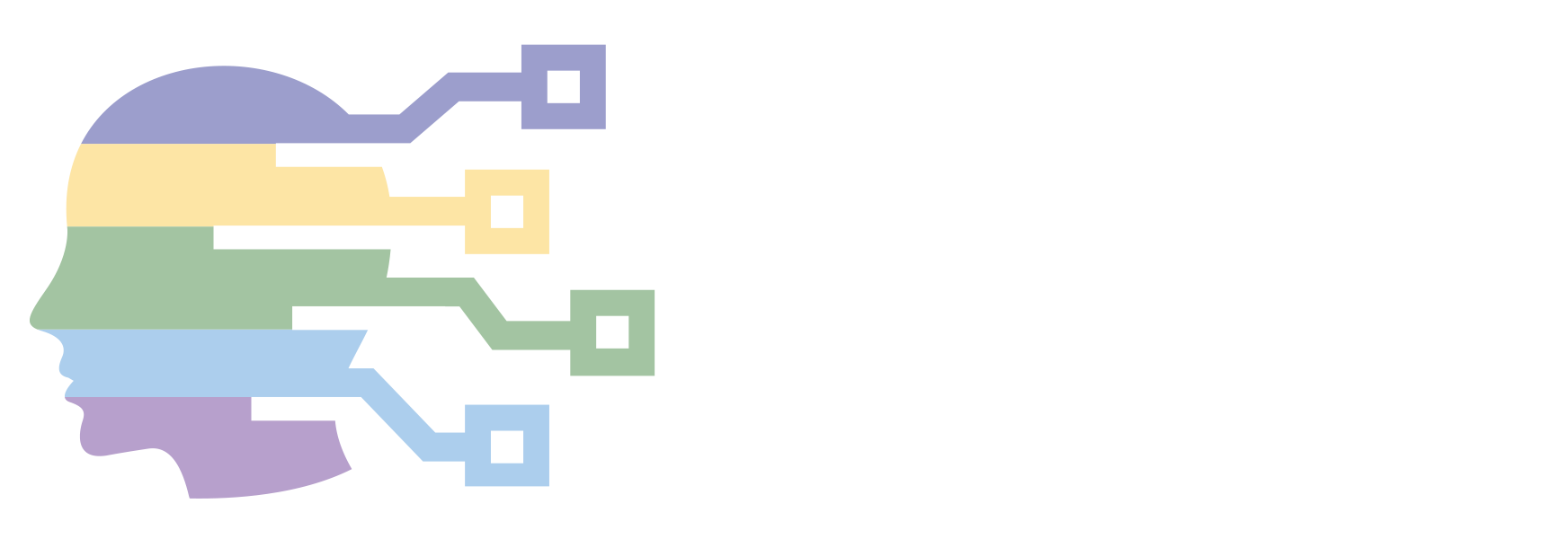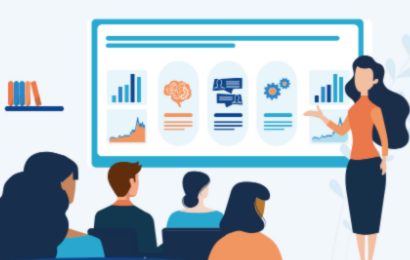
Ethical guidelines on the use of artificial intelligence (AI) and data in teaching and learning for Educators
These ethical guidelines on the use of AI and data in teaching and learning aim to help educators understand the potential that applications of AI and the use of data can have…
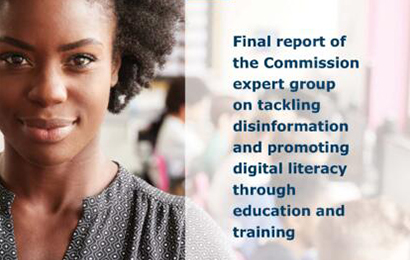
Final report of the Commission expert group on tackling disinformation and promoting digital literacy through education and training
The report brings together the main insights produced by a dedicated Commission Expert Group regarding both challenges and potential solutions for this emerging and complex field, as well as their tentative conclusions…
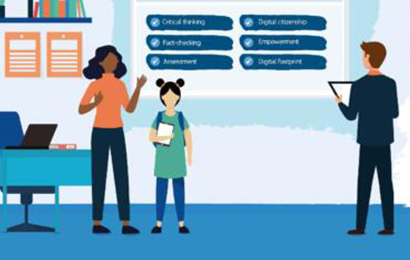
Guidelines for teachers and educators on tackling disinformation and promoting digital literacy through education and training
These Guidelines offer concrete, hands-on guidance for teachers/educators on how to promote digital literacy and how to tackle disinformation. Although it may not provide solutions to all issues, the guidelines have a…
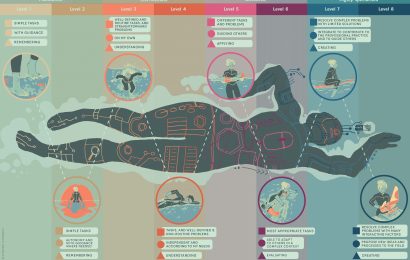
Learning to swim in the Digital Ocean
This Digital Competence Framework Poster explains the 8 levels of competence of the Digital Competence framework for citizens – DigComp 2.1 in a concise infographic, using the metaphor of Learning to swim…
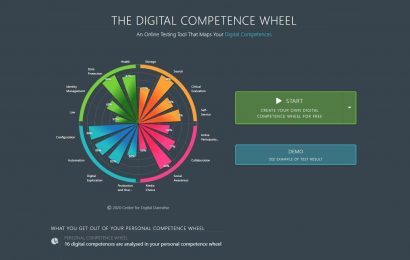
Digital Competence Wheel
The purpose of the Digital Competence Wheel is to provide an overview of which digital competences exist and should be improved, as well as concrete inspiration for how to improve the most…
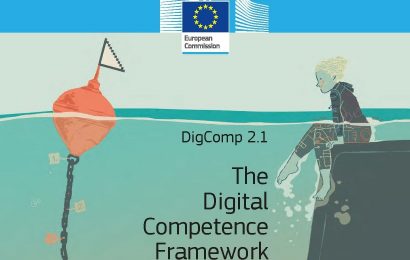
Digital Competence Framework for Citizens 2.1
The European Digital Competence Framework, also known as DigComp, offers a tool to improve citizen’s digital competence. Today, being digitally competent means that people need to have competences in all areas of…

